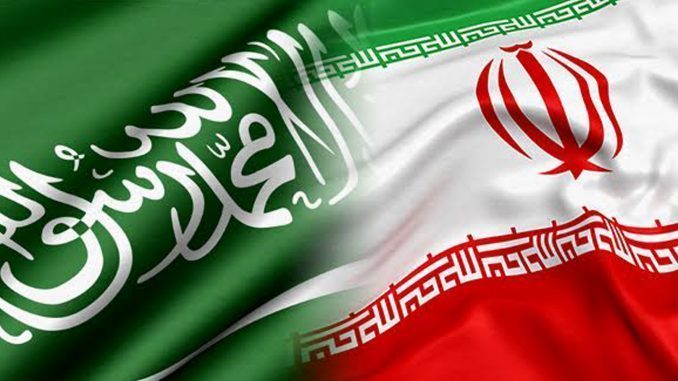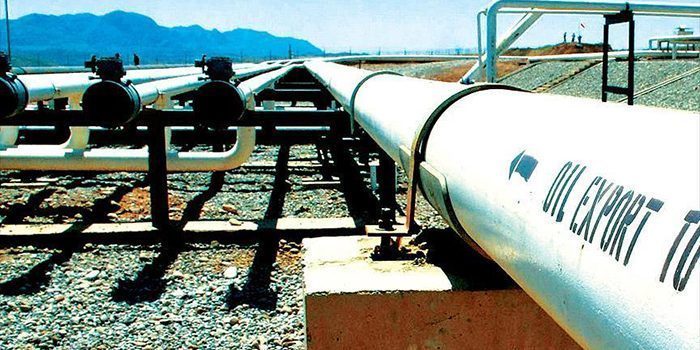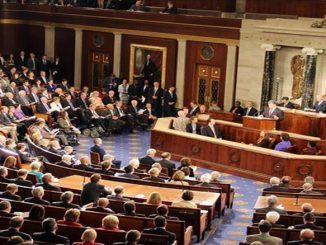
Saudi Arabia started this year in a very strong position, putting pressure on Iran in many fronts politically, militarily and economically. However, the year witnessed many changes that have put Saudi Arabia in the defensive position as its power and dominance in the region was lost part by part.
Muhammad bin Salman, the young deputy crown prince who in effect runs Saudi Arabia, declared at the start of the year an end to his country’s “comatose” foreign policy and a determination to push back against Iran.
However, at the end of the year, the kingdom finds itself in retreat on all fronts and stopping the funding of its Sunni-allies while Iran strengthened its position in the region. This reversal of fortune owes much to the successes of Iran’s military support for the Arab world’s Shia and allied forces—Syria’s President Bashar al-Assad, Iraq’s army and paramilitary forces, Houthis in Yemen, and Lebanon’s militia-cum-political party, Hezbollah.
The key element in Iran’s strength was the nuclear deal it made with the 5+1 powers, lifting most of the sanctions imposed on its economy, making new deals that pumped money into Iranian banks and most of all ignoring Iran’s enlarging influence by the global powers.
Saudi ambassador has pulled out of Iraq, fleeing a torrent of abuse from Shia politicians who look towards Iran. Iran was able to force control on Iraq after Saddam’s defeat by empowering the Shiite armed militias and planting Iraqi politic figures that rule the country according to Iran’s plans.
In Yemen, Saudi Arabia’s Houthi foes seem bent on denying Prince Muhammad a dignified exit, launching repeated cross-border raids and last week declaring their own new government, rather than agreeing to form one including the exiled president as the prince wants. “Yemen will be Saudi Arabia’s Vietnam,” says a contemptuous Iranian official. “It is bleeding the Saudis’ military and diplomatic prestige.” If Saudi Arabia agrees to leave the rest of the region, he says, Iran will let it keep Bahrain, the little island state linked by a causeway to Saudi’s eastern coast.
Pounded by Iranian, Russian and Syrian government forces, the rebels in Aleppo are on the verge of defeat. Aleppo followed many regions that were strongholds for the rebels during the past years, but the Iranian and Russian intervention tilted the war in Asad regime’s favor, while Saudi Arabia which was the rebels’ main backer retreated exposing them and putting the country under Iran’s influence.
Iran in the same time supported Assad regime by money and fighters to defend his role, in return to freeing Iran’s hand in Syria to achieve its long-awaited dream. Iran started a demographic change in the Sunni-populated areas in Syria and sought to change the face of the Syrian cities by forcing the Shiite festivals in the heart of Damascus, adding Syria to the list of its controlled areas and making it gradually the 32nd Iranian province.
The Saudis have bowed to Iran’s preference for Lebanon’s president too. With his construction firm in Saudi Arabia in trouble because of government cuts, Saad Hariri, who heads Lebanon’s Sunni bloc, has accepted the post of prime minister under Hezbollah’s choice for president.
The Hariri-led alliance that struggled with Hezbollah for more than a decade, only to see the heavily armed Shi’ite group go from strength to strength in Lebanon and the wider region.
Egypt’s President, Abdel-Fattah al-Sisi has left the Saudi campaign too. The Saudis supported his military coup in Egypt and funded with billions of dollar during the past years, but he left them and made overtures to Syria, Russia and even Iran as he sensed Saudi’s weakness.
Still, the OPEC agreement defied expectations, indicating that both Iran and Saudi Arabia can prioritise economics over regional confrontation. Both are failing to cover domestic spending, let alone foreign adventures. Iran’s government needs oil at $55 per barrel to break even, says the IMF; Saudi Arabia’s needs $80. “The oil producers can’t sustain the external and proxy wars they once could when oil was a $120 a barrel,” says a former World Bank economist in Beirut. “They realise they need to change.” Greater stability and more open borders, too, says an Iranian official, would help Iran find new markets for other exports, such as of cars and cement.
The coming of Donald Trump in America is a further reason for restraint. “Both countries are playing a waiting game,” says Adnan Tabatabai, the head of CARPO, a Bonn-based think-tank which is running “track 2” (non-official) talks between Saudis and Iranians. Both fear Mr Trump’s reputation for impulsive action—even a senior Saudi prince has urged him not to break off the global deal that has limited Iran’s nuclear programme. Both sides seem uncertain whether he will tighten sanctions on Iran or ratchet up JASTA, the new law that allows Americans to sue Saudi Arabia for losses on September 11th 2001. Above all, and despite the influence of hardliners in both camps, neither side wants anything resembling a direct war.
How Saudi Arabia will deal with these defeats? Will it renew its funding of the Syrian rebels? Will it use new pressure channels to affect the Iranian economy? Or it will keep losing its influence and power? Only the coming days will provide answers, and they will be crucial for Saudi Arabia in particular and the region in general.



